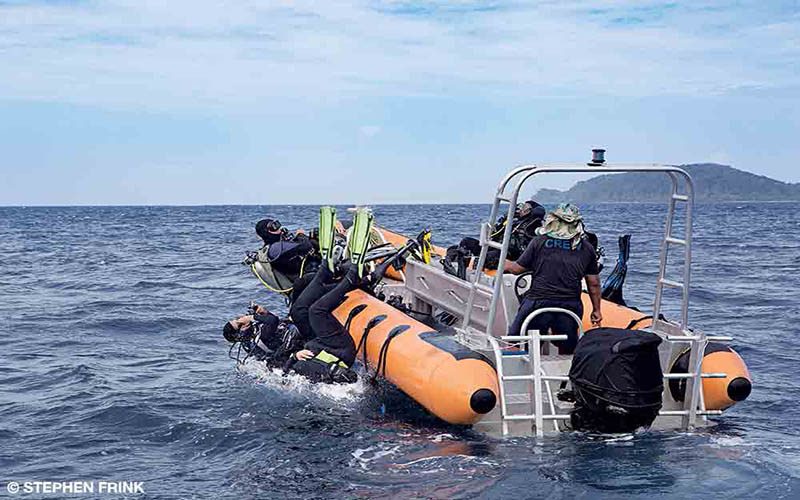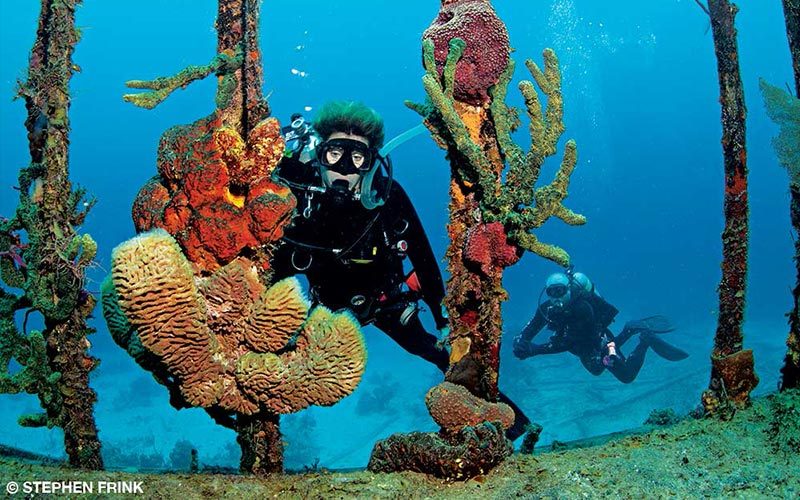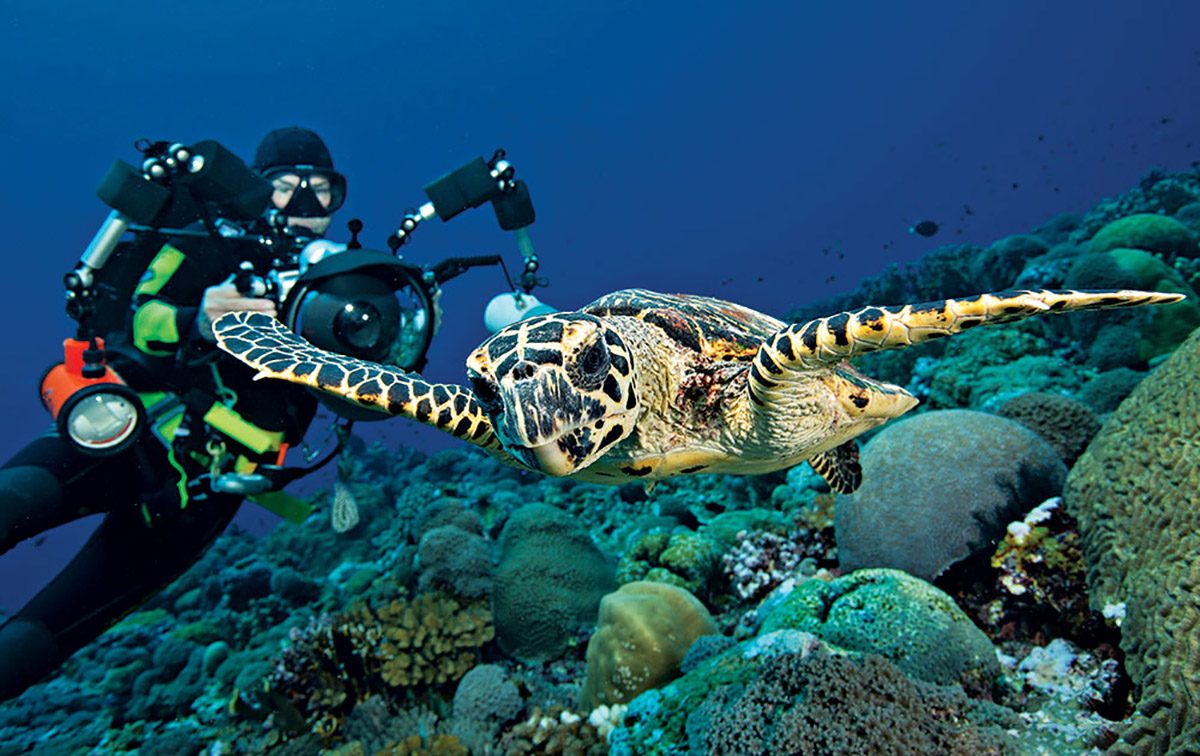What Did I Do Wrong?
Adaptability to conditions is a must-have skill for any diver. Evaluating the appropriate dive gear and competency with basic safety protocols allow you the presence of mind to handle capricious weather.

Adaptability to conditions is a must-have skill for any diver. Evaluating the appropriate dive gear and competency with basic safety protocols allow you the presence of mind to handle capricious weather.

Do you fully understand and appreciate your role as a dive buddy? Read one woman’s story about the importance of accountability after nearly injuring her future husband.

Decompression sickness and other dive-related injuries should be treated as soon as possible, so it is important to see a medical professional. Any symptoms after a dive, whether you suspect they are dive related or not, should be evaluated.

Divers who are new to drysuits need to take time to get comfortable with their gear in a safe environment. Accidents are unintentional and unplanned, but proper diligence can help increase the likelihood of a safe and successful dive.

Despite the diver’s existing symptoms, the hospital’s triage process failed to acknowledge possible decompression illness (DCI) along with the need for immediate evaluation and first aid oxygen. Read more about the diver’s story.

Diving and boating involve some level of risk. Good divers are skilled at risk-mitigation and management. When we fail to do this, we often neglect the risk imposed on our buddies and rescuers.

In most cases, DCI has no specific and exclusive symptom and can be a diagnosis of exclusion. We first have to rule out all other possible causes, especially serious conditions that need other immediate intervention, before deciding to treat the diver with recompression in a hyperbaric chamber. Symptoms and clinical conditions can change in a matter of hours, demanding a reassessment of the possible diagnoses and recommended treatments. That’s why divers should always go to the nearest medical facility and not directly to a hyperbaric chamber.

When things go wrong, it’s often due to a combination of factors. The dive operator could have mitigated the risks by assigning an extra divemaster to our beginners group or requiring that divers have experience with currents. But ultimately we are responsible for our own safety. Had we taken a refresher course and refamiliarized ourselves with our equipment, the incident might have been frightening but not likely dangerous. We look forward someday returning to Raja Ampat. When we do, we’ll make sure we’re prepared.
